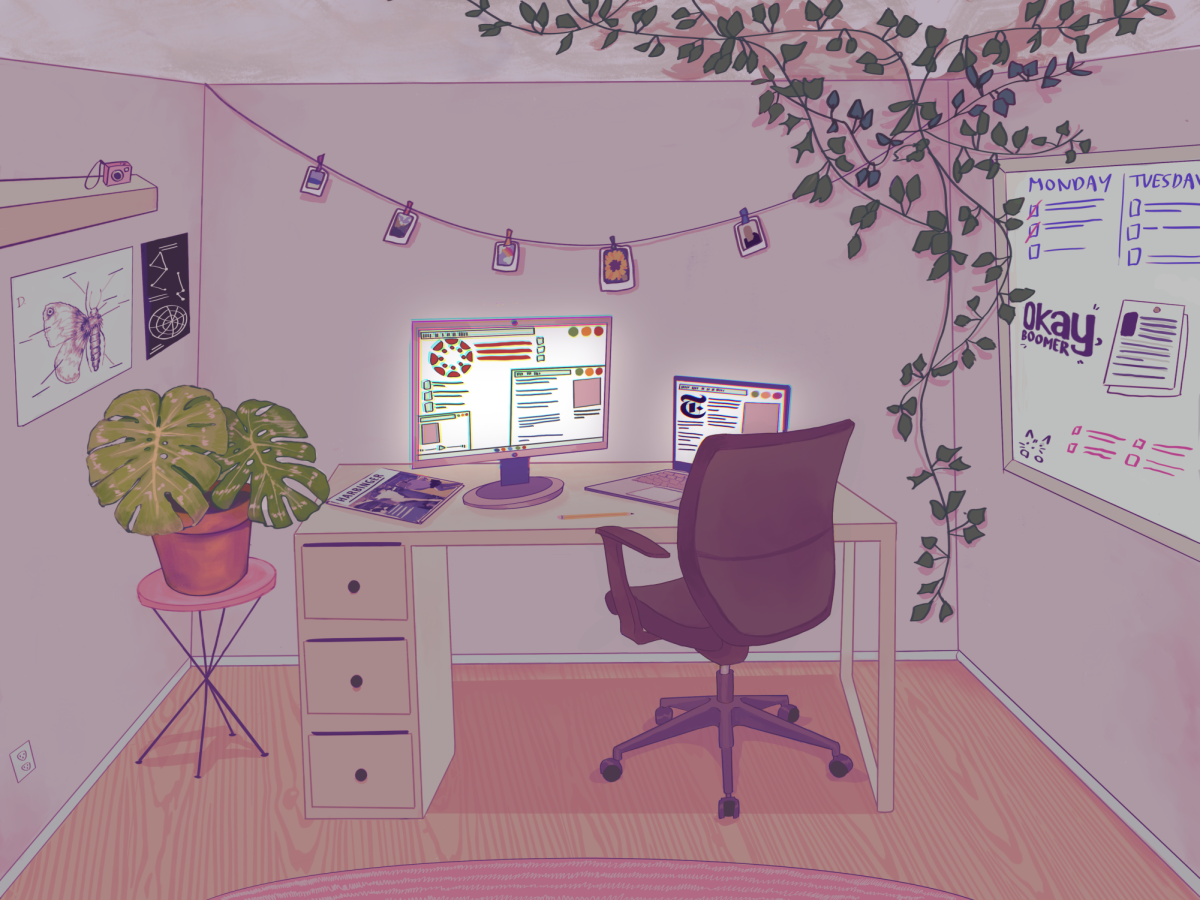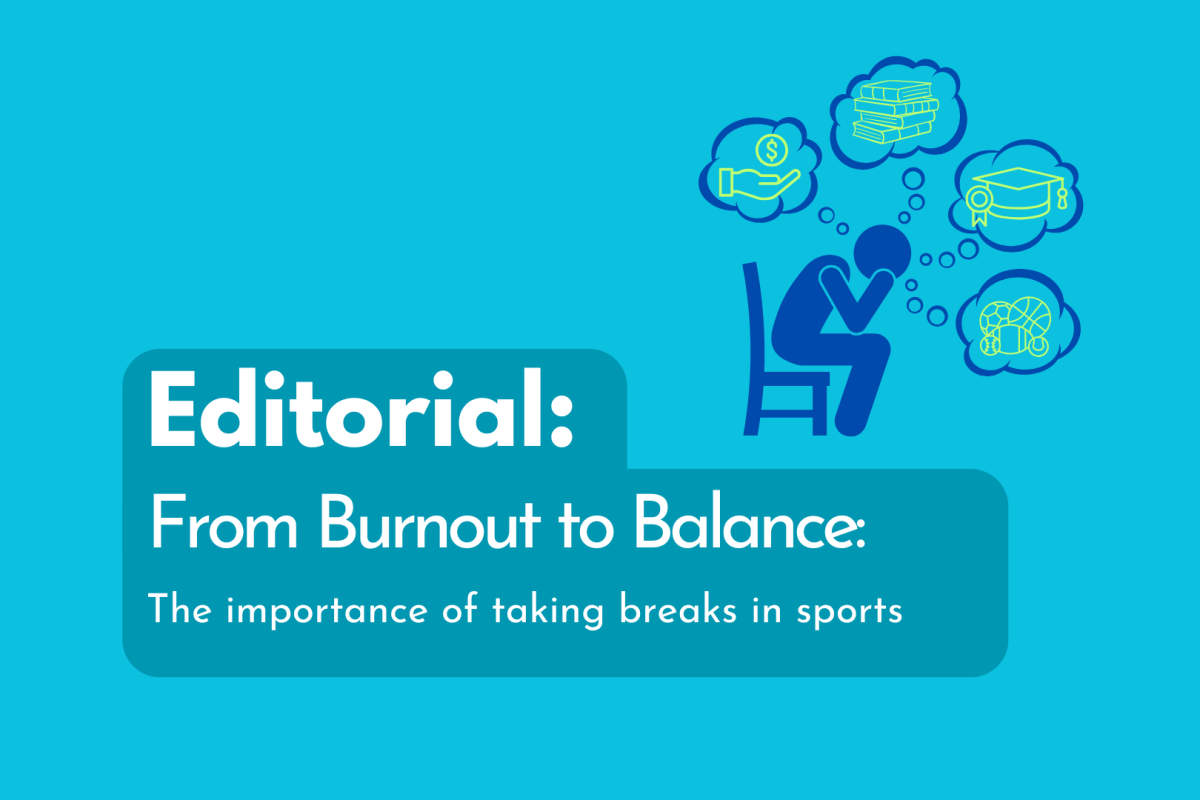Like the cars our generation has aged into driving, kids born from 1997-2012 are zooming through life, focusing on a myriad of items.
Following Generation Y (commonly known as millennials), Generation Z’s name is merely a case of chronology. However, another name for the generation is “zoomer”: a play on the Baby Boomer generation and a commentary on the pressure on Gen Z to grow up alongside ever-evolving technology.
Nope, “zoomer” is not just a nickname for the children of the infamous video call site of the pandemic, but rather, the term is a commentary on our lives in a broader sense. Between Generation Z and “zoomer,” the latter is a much more defining term for our generation.
We have grown up in a rapidly changing society and are tasked with an influx of to-dos in our everyday lives, “zooming” between an onslaught of responsibilities. I don’t think it is fair that we are seen as the misunderstood generation because of our affinity to technology. Rather, I believe older generations should appreciate the struggle we face being stretched thin by modern society.
Technology is of course a factor in our stressors. As much as we could try to exist in a purely natural world, not investing our time into online communication and learning is dangerous to our success. Most of Gen Z’s time must be spent adapting to and learning from the internet. If we don’t devote a large portion of our energy to online interactions, we risk being unprepared for the world we need to grow up in.
According to The Pew Research Center, a publication for dedicated to fact and trend-based research, teens spend increasingly long amounts of time online because that is how our world works now. It’s common for adults to critique how we use the internet, and while some device usage can become toxic, our time online is necessary to improve modern relationships, intelligence and success. Therefore, we must “zoom” to grow with technology, using our time just to comprehend our changing world.
The mass amount of effort we must use to change with the times doesn’t end with technology, however. As the population grows every year, the norm is for students to spend more time attempting to qualify for college. The college acceptance process is highly competitive, and students are putting more time and effort into their studies just to be comparable with other candidates.
However, as these selections are somewhat subjective, the actual amount of work required to ensure their spot is unmeasurable. People used to apply to one or two colleges. Now, many students are writing supplemental essays for over twenty schools, pulling all-nighters to snag the perfect GPA and trying to overload their applications with extracurricular activities.
Our generation is well-defined as “zoomers” because the pressures we experience force us to be quick and multifaceted, balancing an insurmountable pile of outside tasks while trying to maintain our school and social life.
This phenomenon is not restricted to only those applying to college. Students going into the workforce still must make connections with employers, try their best to be a perfect candidate and use the time they aren’t in school focusing on acquiring the skills necessary for their jobs. When you add rising prices and pressure to work teen jobs, students across the board are being tasked with handling their education, employment, extracurriculars and social life often by the age of 16.
While these issues are not unique to Gen Z, the pressure we face to deal with all of these responsibilities is often underestimated.
As the science-based Greater Good Magazine states, Gen Z is labeled as lazy for behaviors that are more reflective of being utterly burned out. The misunderstanding that Gen Z is lazy is frustrating because most of our moments of technology-based leisure stem from this burnout rather than pure indolence. The zooming generation is being stretched in a million directions and being called lazy for it.
“Zoomer” defines our generation to an alarming extent. Although we use immense amounts of effort trying to succeed in modern society, often Gen Z is seen as lazy “screenagers” with no drive in the world.
In fact, some Gen Z interviewees for the New York Times even felt the prospective term “Generation Scapegoat” would brand our generation as the punching bag of our elders and fit our life experiences more accurately than Gen Z. I can’t speak for everyone, but I know that zooming between involvements is no easy feat. It’s important to understand that each generation grows up at a different time in a completely different world.
Before you judge us, please understand that we “zoomers” are working harder than you think.










